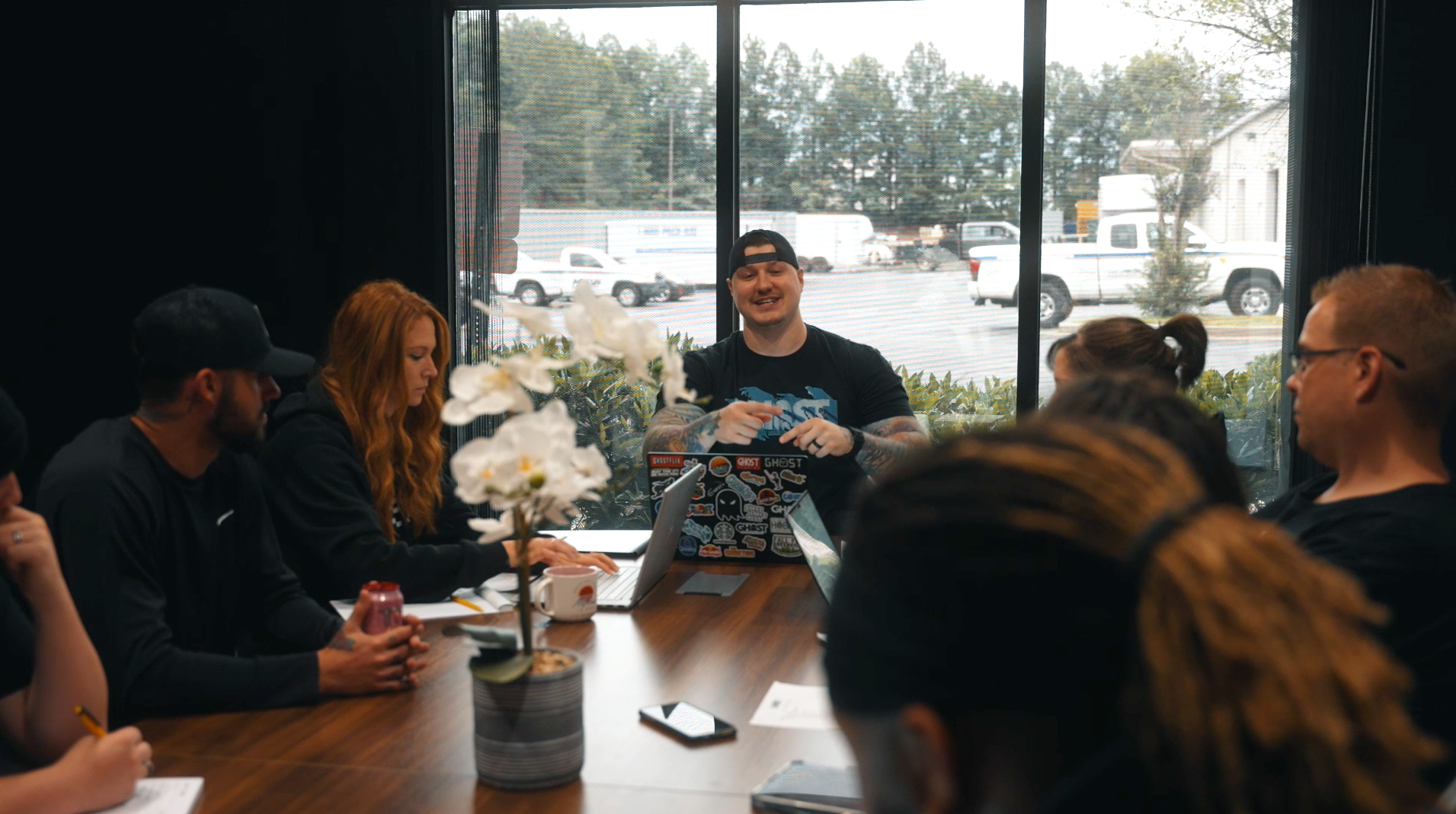Getting Started with SEO Series: Content Relevance
An Introduction to SEO: Creating Content That Answers a Query

What is content relevance?
If you’ve read our post on crawlability, you already know that search engines aim to answer a query from a user by providing the most relevant and helpful content it finds on the internet.
So, what exactly is content relevance? It’s how well the information on a page relates to a search query. Google utilizes the acronym EEAT (Expertise, Experience, Authority, Trustworthiness) to determine how helpful a page full of content may be and whether it can trust the content. Your content should have intent and aim to answer a question.
Why is relevant content important?
Let’s face it: Thousands of businesses compete for the loyalty, money, or even time of consumers. And consumers are savvy — we do our research, study the brands we might be interested in, and read reviews before even considering purchasing from a company or investing our time in something.
With so many businesses flooding the market with content, there’s a lot to sift through. Think of any search query you’ve recently done and how many pages of results (SERPs) there were. Did you click through multiple pages or results or simply search through the top results? Relevant content gets you better rankings, and better rankings increase your trustworthiness in the eyes of consumers.
Remember: Content is king.
Let’s not forget that content should be useful, informative, and relevant to your business. Creating relevant content is just another cog in the SEO machine.
Creating good content is an investment.
Like anything related to running a business, creating quality content takes time, money, and effort. Every piece of content should have intent — and that intent should be to help your potential customers as well as engage them, whether it’s earning their trust, crafting fun posts for your social media, or informing them about a fun or exciting product. This concept applies to any content you create: videos, written blog posts, social posts, or even infographics.
Essentially, you want to make content that aligns with your customers' needs.
By aligning your content with these needs, you can reap the rewards of your continued hard work:
- Lower bounce rates
- Generate backlinks that can improve your presence
- Improve CTR (click through rate)
- Longer session durations
- Improving pages per session as users consume more content
- Building organic traffic
- Boost conversions
- Earn higher rankings on SERPs
Identifying User Intent
When you open Google (or any other search engine), you usually look for something specific, such as an answer to a question, shareable content, or even a particular product.
This is called intent. It’s the reason we open Google.
Their questions aren’t worded in so many words. For example, someone searching for “dog limping” may ask, “My dog is limping. Do I need to take him to the vet, or is there a home remedy?”
When you begin creating a piece of content, you want to ask yourself: What question am I trying to answer?
Once you’ve identified a question to answer, you want to craft your content around the answer to that question.
So, how can you do this? Here are our top three tips for creating relevant content!
- Write headlines that will grab your audience’s attention.
Think of your favorite news articles or blog posts you read. What was the first thing to catch your eye? The title? You’ll want to create the same effect by crafting an attention-grabbing headline or title. Like your main content, it should be informative and readily explain what your content is about. - Identify the question you’re attempting to answer.
Exact-match keywords (long-tail or short-tail) are used as an SEO tactic. (Keep in mind that you shouldn’t stuff keywords. Stick to one or two main keywords and build upon those with secondary keywords.) - Utilize related keywords.
While you should focus on only one or two main keywords, including relevant minor keywords in your content can be helpful. You can expand your reach with each piece of content by using related keywords. With Google’s MUM update, these long-tail and short-tail keywords can help the crawlers understand your content better.
Ghost Brands is here to help!
If you’re still struggling to craft relevant content for your website, let Ghost Brands help! We can create unique content that fits the tone and style of your brand. Don’t forget — we’re the secret marketing agency!




















